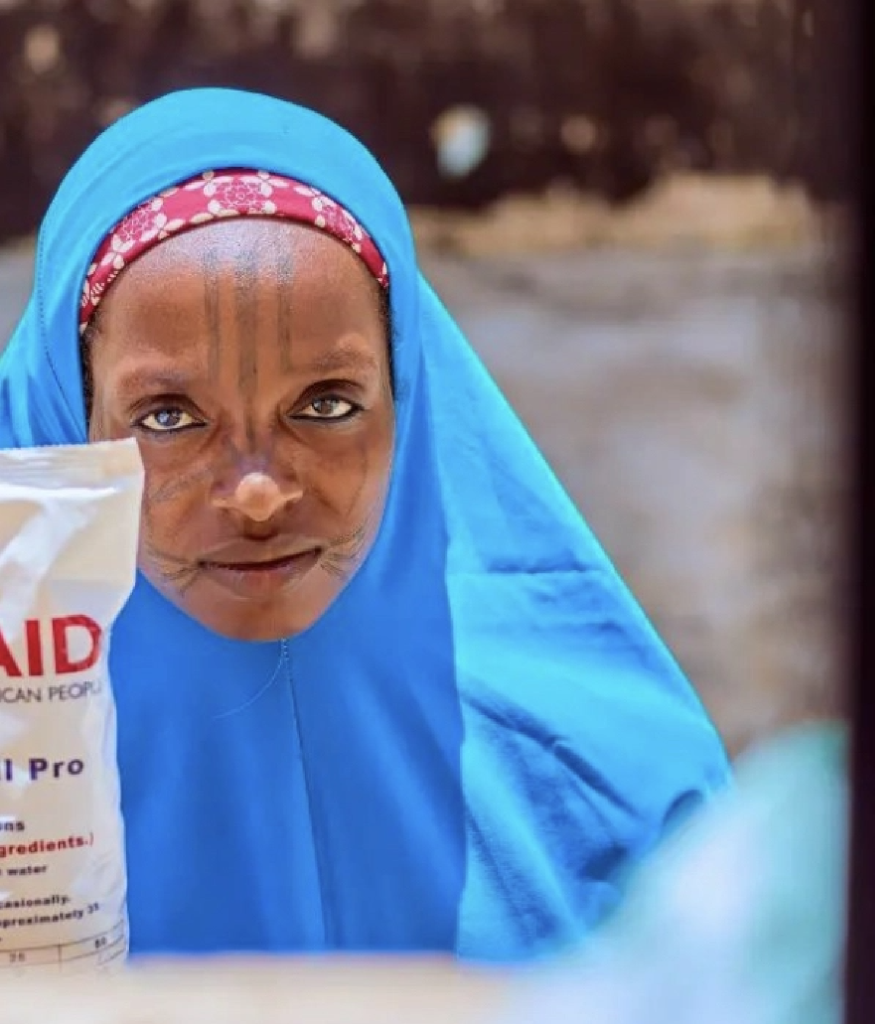The Zero Hunger Program is being implemented in crisis regions across West and Central Africa including Nigeria, Cameroon, and Chad, which have been significantly affected by terrorism and armed conflict over the past 20 years. To date, the Zero Hunger Program has positively impacted the lives of the most vulnerable of people in remote communities, including Internally Displaced Persons (IDPs), refugees, pregnant and lactating women, as well as infants and new-borns.
In Nigeria, we provide food assistance and nutritional supplements to vulnerable persons through hospitals in the crisis region of Yobe. In Cameroon, our operations are based in refugee camps, while in Chad, we work with partners in the nutrition sector to distribute products in the Liwa region. To date, the Foundation has provided 42 million meals to vulnerable persons far and wide. Additionally, we conduct complementary activities, such as training on Maternal, Infant, and Young Child Feeding Practices (MIYCF), complementary feeding, Water, Sanitation, and Hygiene (WASH) practices, monitoring and referral of sexual and gender-based violence cases, vaccinations, immunizations, and ante-natal care registrations.
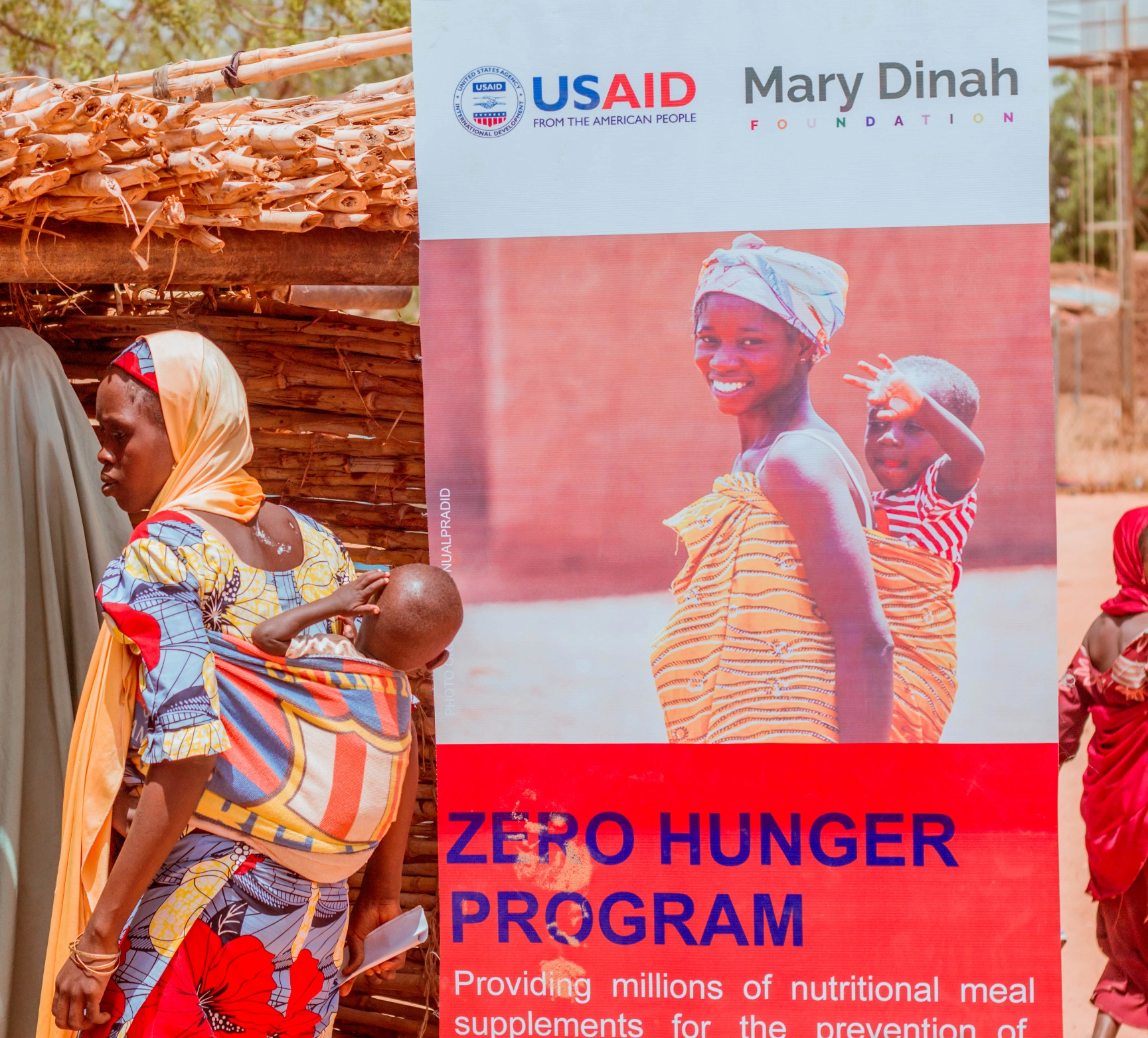

meals distributed
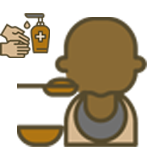
mothers trained on infant and young child feeding as well as water, sanitation, and hygiene (WASH) practices through mother-to-mother support groups
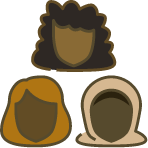
women and girls connected to our gender based violence support services for protection
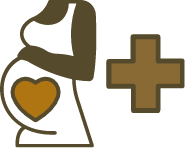
pregnant women connected to ante-natal care services promoting hospital-based deliveries
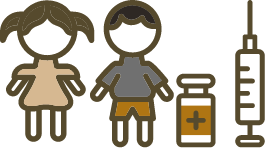
children connected to routine immunisation and vaccine services
Terrorist insurgency in Nigeria has undeniably contributed to poor nutrition outcomes across the country. Over the past decade, terrorist attacks in the Northeast Nigerian states of Borno, Adamawa, and Yobe have resulted in the third-largest displacement of people in Africa, with 1.92 million individuals displaced and 7.7 million in need of humanitarian assistance.
The Zero Hunger Program, a humanitarian initiative in partnership with USAID, has distributed over 20 million meals to refugees and internally displaced persons, with a focus on pregnant women, children, the elderly, and other vulnerable groups across Northeast Nigeria. Over the years, the program has made significant impact in 36 remote villages in Yobe State where we operate.
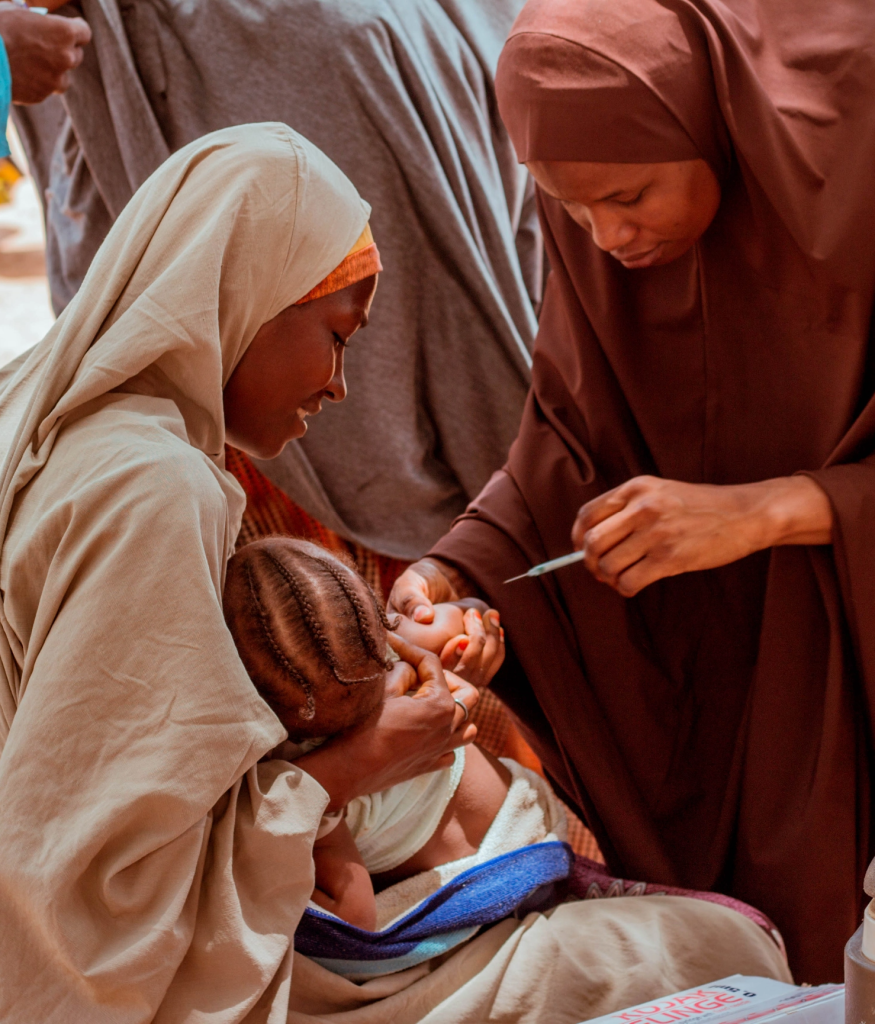
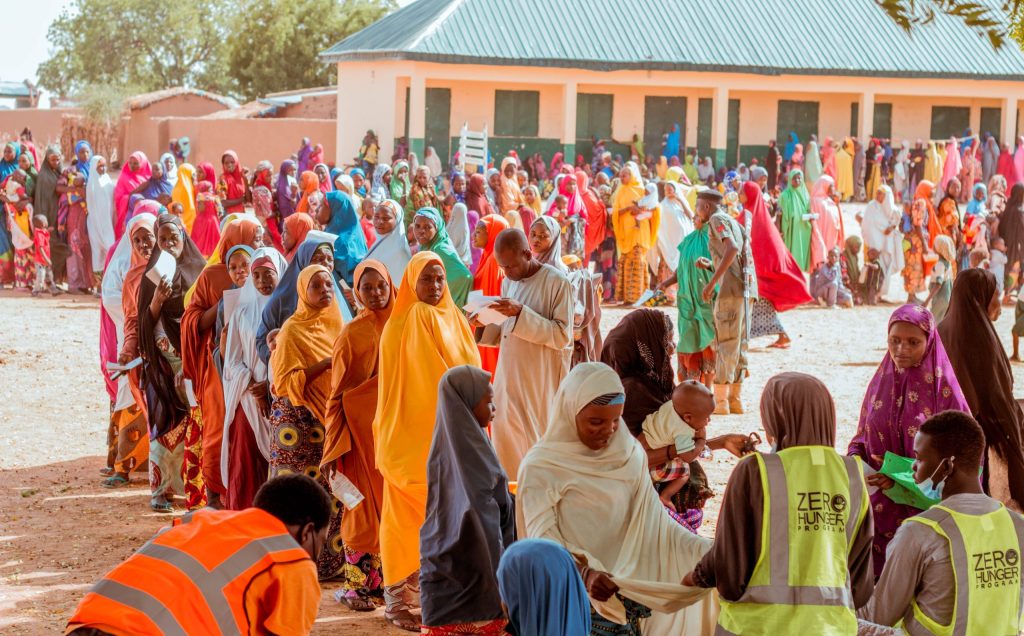
The food security and malnutrition crisis in Far-North Cameroon is a growing concern for the population. The region has been deeply affected by ongoing war, terrorism, tribal conflict, and displacement, resulting in widespread food insecurity and malnutrition. Recent assessments estimate over 1.5 million people are food insecure, with children and women being the most vulnerable. The crisis is exacerbated by limited access to basic services, including healthcare and clean water, leading to challenging economic conditions.
In response to this ongoing crisis, the Zero Hunger Program provides food assistance and nutrition interventions to refugees and internally displaced persons. Additionally, regular cooking demonstrations are held to teach beneficiaries how to prepare nutritious meals using locally available ingredients in an affordable manner. These diverse activities empower women and foster inclusiveness within communities, leading to improved economic outcomes.
Over the years, Chad has faced recurrent food insecurity and multidimensional crisis, including climate variability, conflict, population displacement, and economic instability. These challenges have left many Chadians struggling to access sufficient food supply. Currently, Chad ranks 117 out of 121 on the Global Hunger Index, and the World Food Programme reports that nearly 1.9 million people experience severe food insecurity, with over 1.3 million children suffering from acute malnutrition. Additionally, Chad hosts one of the largest refugee populations in West and Central Africa, with close to 600,000 refugees and asylum seekers. This continues to place an additional burden on already scarce resources and exacerbates food and nutrition challenges, especially in refugee camps and host communities.
To help mitigate these challenges, the Zero Hunger Program provides 4 million meals and supplements annually for distribution in key areas with significant needs, focusing particularly on pregnant and lactating women, as well as children aged 6 to 23 months.
